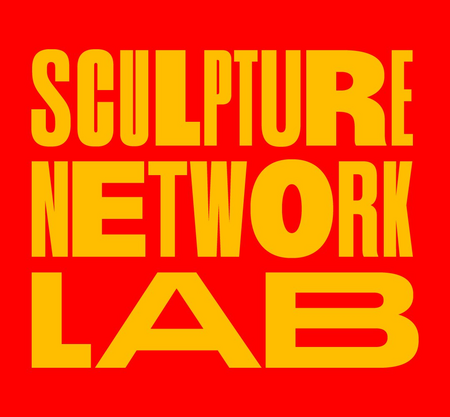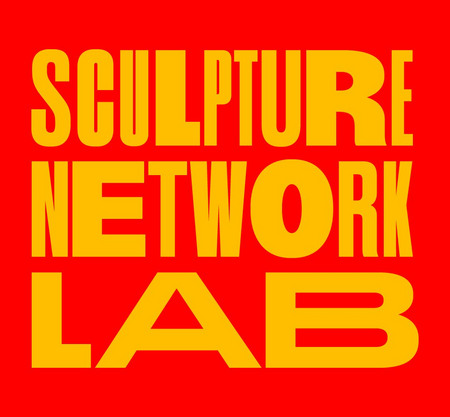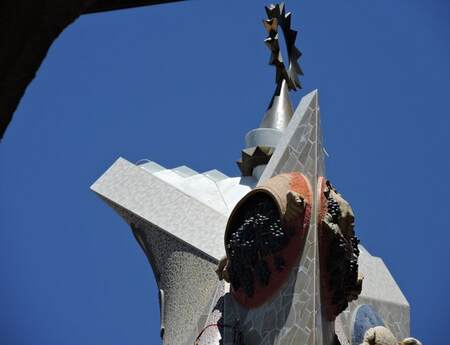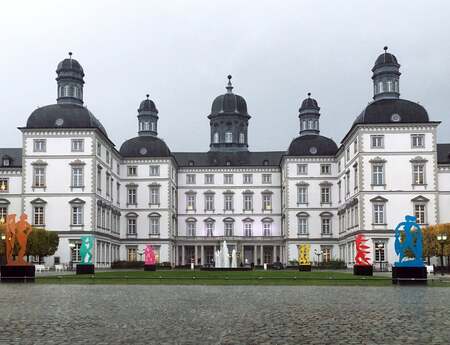Sculpture Network Lab in Munich: Speakers
The series of events "Sculpture Network Lab" will discuss about "form follows attitude", which focuses on attitude behind form. The discussion will focus on "networking creativity" and the question of how contemporary network structures are influencing the creative process, intuition and innovation.
For more information about the event, please click here!
Sofia Dona
Freelance architect and artist (Athens, Munich)
Sofia Dona was born in 1981 in Athens and studied architecture at the "Polytechnio" (National Technical University) in Athens and completed the Master's program "Art in Public Spaces and New Artistic Strategies" at the "Bauhaus University" in Weimar.
In 2010 she was awarded the prize for the best foreign student by the German Academic Exchange Service (DAAD). In 2011 she was the curator for the project "Ανταλλή/Austausch/Exchange" for the "Goethe-Institut" in Athens.
Sofia Dona views architecture as a resource for people's living conditions. In her site-specific works, she focuses on social, economic and political issues. Sofia Dona analyzes, describes and conceives "evaluations and therapies" of cities. The "functional city" is her main theme. She is also concerned, as she puts it, with the "development of an architectural practice in a collective form".
Sofia Dona's projects are statements made by a committed architect and an attentive citizen. She builds houses, renovates apartments, creates stage sets and creates performances with students in the urban space. In 2018 she was awarded the Architecture Prize of the City of Munich.
Jürgen Enninger
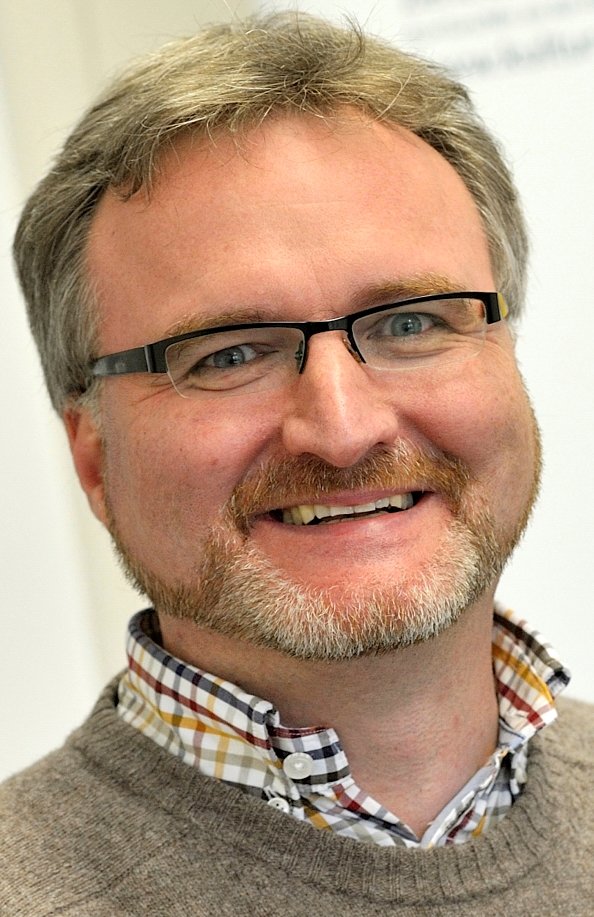
Head of the "Competence Team Culture and Creative Industries" of the City of Munich
cultural economist, religion pedagogue and music publisher
Jürgen Enninger, born in 1968, has been head of the Competence Team Cultural and Creative Industries of the City of Munich since September 2014. His main tasks are consulting, support in the search for space and networking. In addition, he is spokesman for the Network of Public Support Institutions for the Cultural and Creative Industries in Germany (PCI). He studied religious education and church education at the University of Eichstätt as well as languages, economics and cultural studies at the University of Passau, graduating with a Dipl. Kulturwirt (Univ.) degree. His professional experience in music publishing, music management and as managing partner of the music label Enja Records are as much a part of his personality as his work on business affairs at the Bavarian State Opera. Jürgen Enninger advises creative professionals in all aspects of their creative work, supports them in entrepreneurial challenges, helps them to develop economic perspectives and wants to help them to find contacts to potential clients. In doing so, he wants to better network the people in the cultural and creative industries with one another.
Prof. Holger Felten
President of Akademie der Bildenden Künste (Nuremberg)
Design Agency „Rose Pistola“ (Munich, Hamburg)
Representatives of inter-university project „LEONARDO“ (Zentrum für Kreativität und Innovation) (Nuremberg)
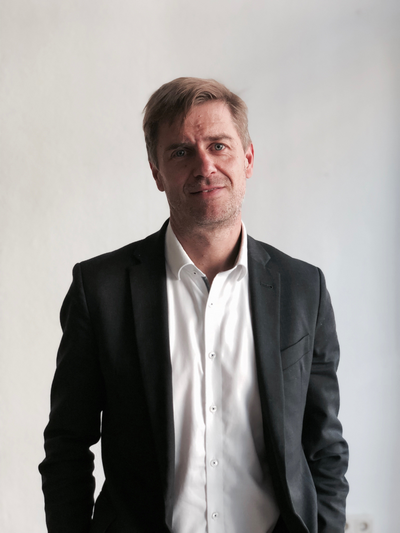
Holger Felten, born 1968 in Stuttgart, studied graphic design at the State Academy of Fine Arts (Staatliche Akademie der Bildenden Künste) in Stuttgart. Subsequently he worked as an employee and a freelancer for the publishing houses Heye & Partner, Gruner + Jahr, Condé Nast and Burda. He also worked for the SZ magazine published by the Süddeutscher Verlag and in 2002 founded Rose Pistola's Office for Conception and Design (Büro für Konzeption und Gestaltung). Since 2006 Holger Felten has been Professor for Graphic Design and Visual Communication at the Academy of Fine Arts in Nuremberg and he has been president of the academy since 2017.
At the Academy of Fine Arts in Nuremberg, Holger Felten is in charge of the Leonardo project, a cooperation between the Georg Simon Ohm Technical University, the Academy of Music and the Academy of Fine Arts. The concept of this project aims to develop and communicate a structured creativity and innovation process even in the early phases of idea generation. With the help of the project, students, scientists and partners from companies, municipalities and charities are involved in an innovation and transfer process that is open for all topics.
A center for creativity and innovation is being built in Nuremberg to promote bi-lateral exchange between universities, industry and society and from which innovative products, services and social impetus should result in the near future.
Prof. Dr. Martin Gessmann
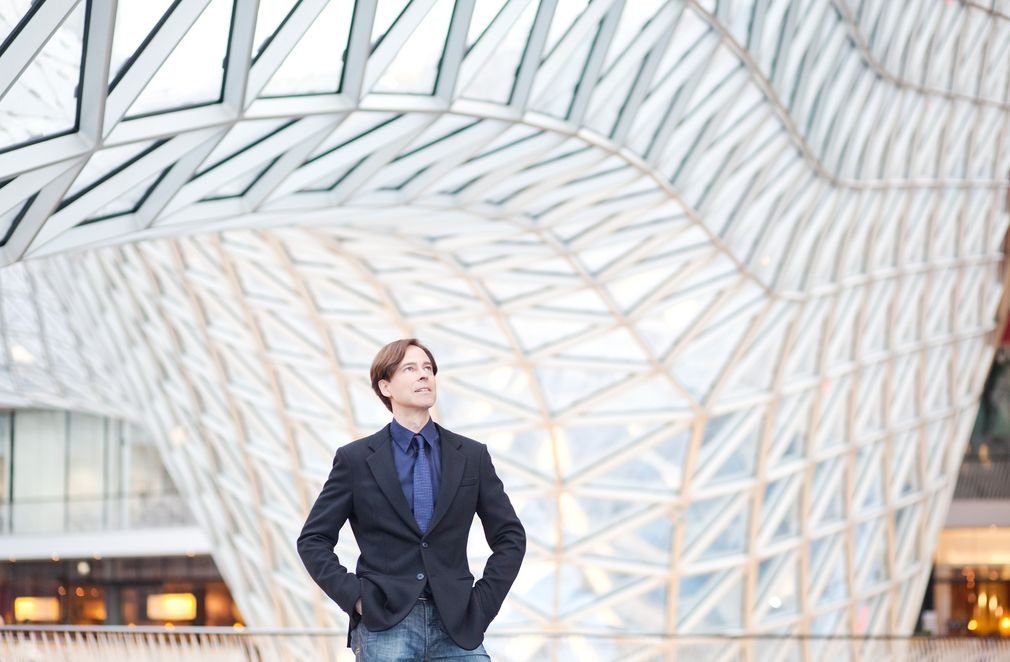
Philosopher, Professor of Cultural and Technological Theories and
Aesthetics, University of Design (Offenbach am Main)
Prof. Dr. Martin Gessmann, born 1962, studied philosophy, German philology and Romance languages and literature. He received his doctorate in philosophy in Tübingen in 1992. Martin Gessmann was a research assistant at the Martin Luther University in Halle and at the Ruprecht Karls University in Heidelberg. Between 1991 and 1996 he worked as a television journalist and in 1998 he received a habilitation scholarship from the German Research Foundation. Martin Gessmann has been Professor of Cultural and Technical Theory and Asthetics at the University of Art and Design (Hochschule für Gestaltung) in Offenbach on the Main since 2011. He is co-editor of a philosophical journal "Philosophische Rundschau" and a much sought after interviewee on topics such as culture, design, politics and football.
Collaborations with technical and scientific disciplines have also led to the publication of non-fiction books, most recently in cooperation with the Heidelberg neurobiologist and Leibniz prize-winner Hannah Monyer on the subject of memory. The book "Das geniale Gedächtnis" (The Ingenious Memory) focuses on human memory as a dynamic navigation system with flowing memories. Martin Gessmann studies structures that link disciplines and how networks work and function.
Judith Mann
Architect, artist, pyrotechnician
"Effektschmiede GmbH" (Cologne)
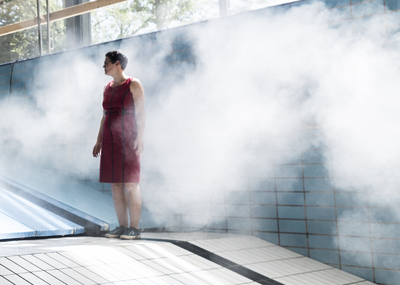
Judith Mann was born 1970 in Munich and studied architecture and art in Dortmund, Stuttgart and Berlin. She is an architect and a trained pyro-technician; a semi-skilled occupation working for a company for pyrotechnics and special effects. Judith Mann is allowed to work with fireworks any time of the year, not just on New Year's Eve.
The emphasis of her work is not the specific or single action, instead her productions are designed to last. In the long run, Judith Mann plans to create a certain atmosphere "at the push of a button". Working from Cologne and together with the artist collective ‘Effektenschmiede’, she wants to enchant people and make them smarter - using both a sense of poetry and her expertise. Together with mechatronic engineers, lighting specialists and theater and film designers, the "Effektsschmiede" (effect smiths) try to make the physical phenomena of this world tangible and comprehensible.
The "Effektschmiede" is an artist collective and both a manufacture of experiences and an experimental laboratory in one. Together the members create installations and experiments for science centers, parks and public spaces that are designed to create new types of perceptual experiences and bring about a awareness thereof.
Moritz Osrtuschnjak
Freelance choreographer, Dancer, Perfomer (Munich)
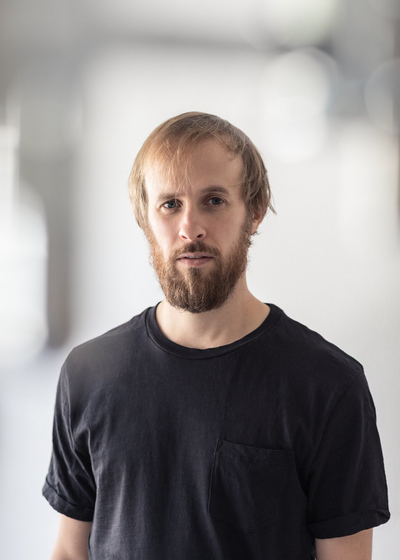
Moritz Ostruschnjak, born in Marburg, is a dancer, choreographer, teacher and photographer.
Moritz Ostruschnjak studied dance at the Iwanson International School of Contemporary Dance in Munich and completed his education with Maurice Béjart in Lausanne. This was followed by engagements in Nuremberg, Mannheim, Gothenburg and Arnhem. Ostruschnjak has worked with numerous choreographers, including Maurice Béjart, Sasha Waltz, Stijn Celis, Wim Vandekeybus, Michael Keegan-Dolan and Roberto Zappala.
Since 2013 Moritz Ostruschnjak has also worked as a freelance choreographer. In his pieces he repeatedly deals with group dynamics. Aspects such as swarm intelligence or artificial intelligence can depict historical horrors, but can also pose questions about the future.
Moritz Ostruschnjak has been a member of Tanztendenz München e.V. since 2016.
Alexis Zurflueh
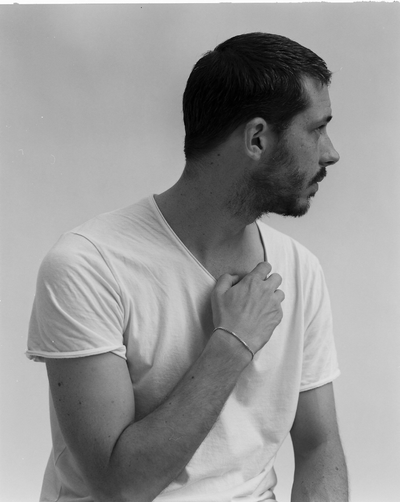
Art Director (Munich)
„(Team) Alexis Zurflueh“ (Munich)
Alexis Zurflüh, born in 1983, trained as a graphic artist in Zurich. He has been working in Munich for ten years; initially as a graphic designer, later as Art Director. For three years he has been running his own office "(Team) Alexis Zurflüh" as Art Director and he works closely with assistants, photographers, graphic artists, illustrators and type designers.
Alexis Zurflüh draws on an extensive European network. He sees his profession of "Art Director" as a networking of creativity. He defines the "direction" of how the "art" should look, which he then develops together with others.
The focus of his work is editorial design. He and his team develop and realize (customer) magazines. In doing so they focus on the production of fashion lines and reports. Currently the office is in charge of the art direction of the magazine Allegra, as well as Stil Leben - the lifestyle edition of the SZ magazine. In their work, he and his team always try to strike a balance between creative aspirations and commercial success.
